FLANGE GUARD AND IT'S IMPORTANCE
In every industry which deals or utilizes some kind of fluid consists of a network of pipes which are connected from one equipment to another, from one storage unit to another.
Since there is a possibility of the pipe getting clogged due to the nature of the working fluid, the pipe needs to be cleaned regularly. Hence the pipes are joined using flanges during installation process.
Flanges are plates or rings that form a rim at the end of the pipe. They have provision to be fastened to other pipe flange setup using nuts and bolts. If they are not tightened properly then it means there is a gap through which a fraction of fluid may flow out of the system.
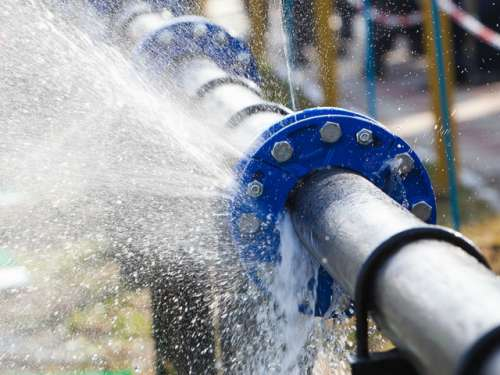
Just tightening the flanges by inserting a gasket is not enough because whether the fluid may move out of the system depends on the size of the molecules of the flowing fluid and how heavier and how faster the fluid is moving through the pipe.
Gases whose size of the molecule is smaller than the gap will definitely escape from the system slowly and also if heavy liquids are flowing at a faster rate, they have a tendency to apply a shearing force on the flanges. Gradually this may increase the gap or weaken the tightening.
There are a variety of fluids which are processed in industries. These may or may not be harmful to humans, environment or properties.
If suppose a flammable, volatile, toxic or corrosive fluid is being processed then the expectation is that the system needs to have adequate protection so that they do not leak and cause harm or at least they could be detected much before they can get in a position to cause harm.
Flange Guards are used to provide that added level of protection to ensure safety during operation of the plant.
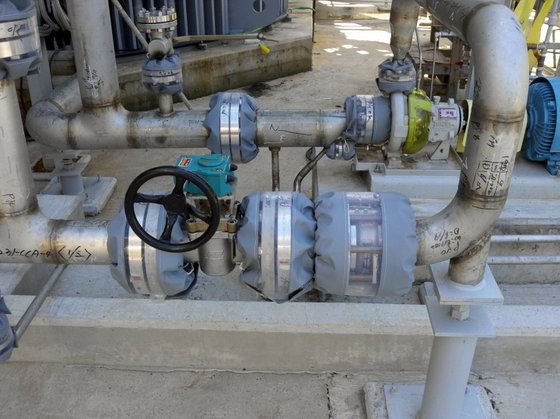
The major scope of applying guard and shields are:
- Oil or flammable fluid lines near hot surfaces: Oil is volatile in nature. It means it easily gets evaporated. If a hot source is near the line then rate of evaporation will also increase. It means the tendency to spray out will also increase.
- Acid Lines near workers, operators and engineers: Accidents in the form of spray outs from these lines can be seriously detrimental to physical and mental health of those who get affected. It may even be Lethal.
- Pipelines at height: It should be shielded properly because once it starts leaking it will take time to reach and fix this pipe.
- Lines near loading/unloading areas: The fluid may affect the materials getting loaded or unloaded. It is also important for the safety of the personals docking the materials.
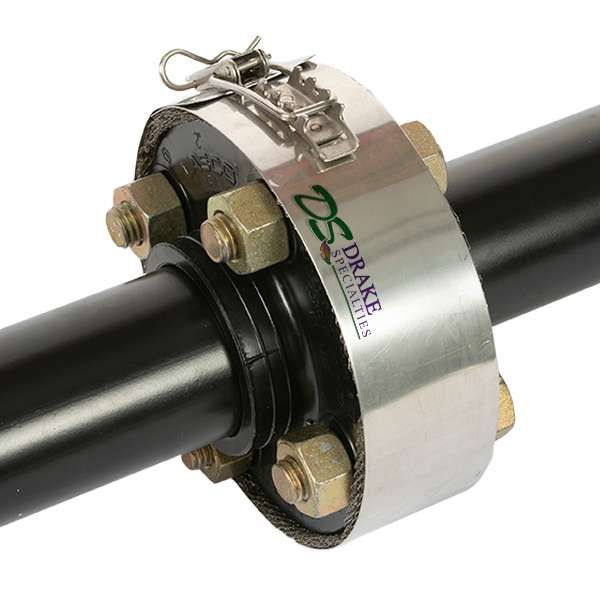
The shielding may be transparent in nature. It gives us indication whether something is leaking or not by mere observation. In fact it is almost always useful to provide transparent shielding unless and until the type of problem doesn’t allow it to be transparent. They are useful when working with oils or flammable liquids. Flange Guards are especially used in steam and oil-gas industries.
Flange Guards come with a provision to easily strap onto the flanges. There are certain varieties which detect leaks. They are especially useful in Acid industries. They work on same principle as a pH indicator litmus paper. Their colour changes in case leak occurs and the fluid gets splashed on to the flange guard.
Flange guards can be made up of either metallic or non-metallic materials. Metallic flange guards are used in high pressure and high temperature applications. Non-metallic flange guards are used where in the fluids which are being transported are corrosive in nature.




 Upload RFQ
Upload RFQ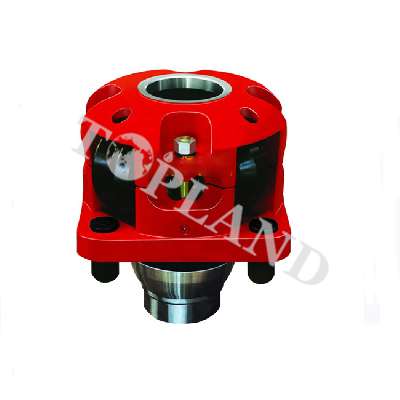

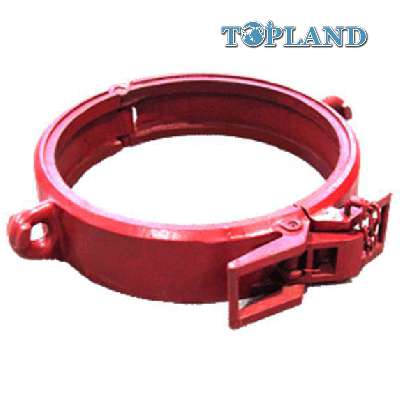
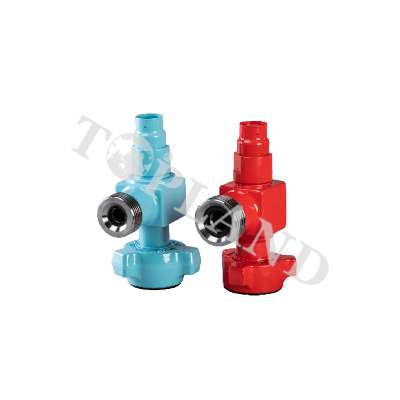


 Twitter
Twitter Linkedin
Linkedin Facebook
Facebook YouTube
YouTube Sales@toplandoil.com
Sales@toplandoil.com +86 21-50890868
+86 21-50890868 Head Office: 8-1011,Lane 5600, Chuansha Road, Pudong, Shanghai, China
Head Office: 8-1011,Lane 5600, Chuansha Road, Pudong, Shanghai, China 